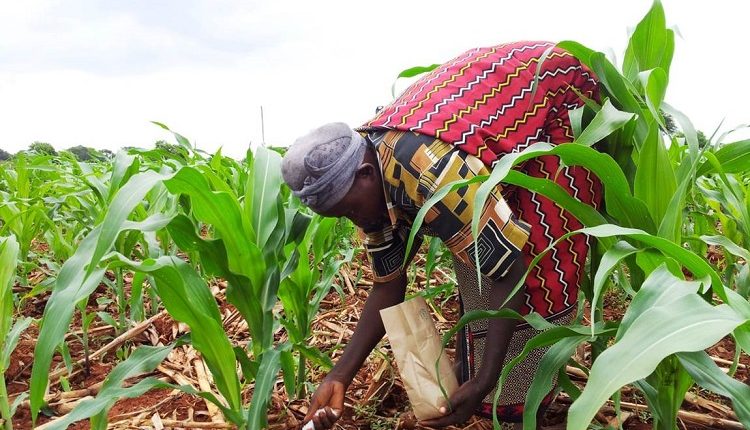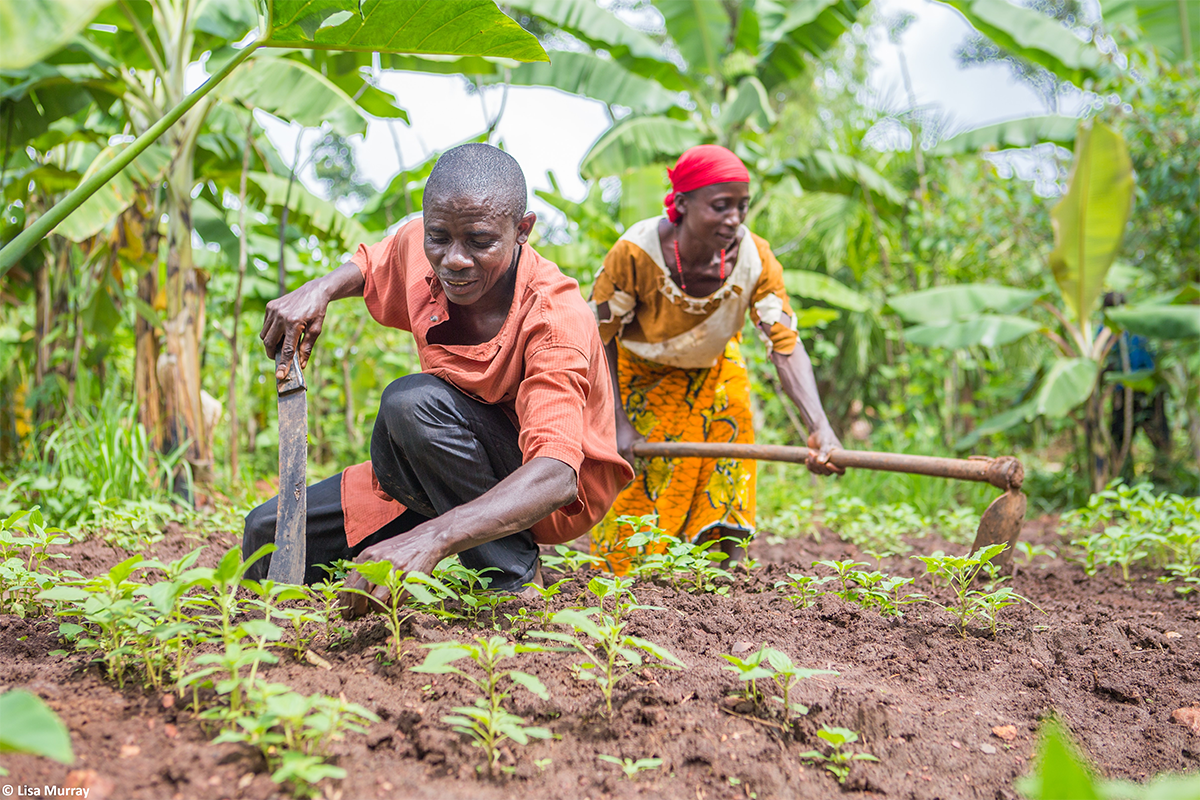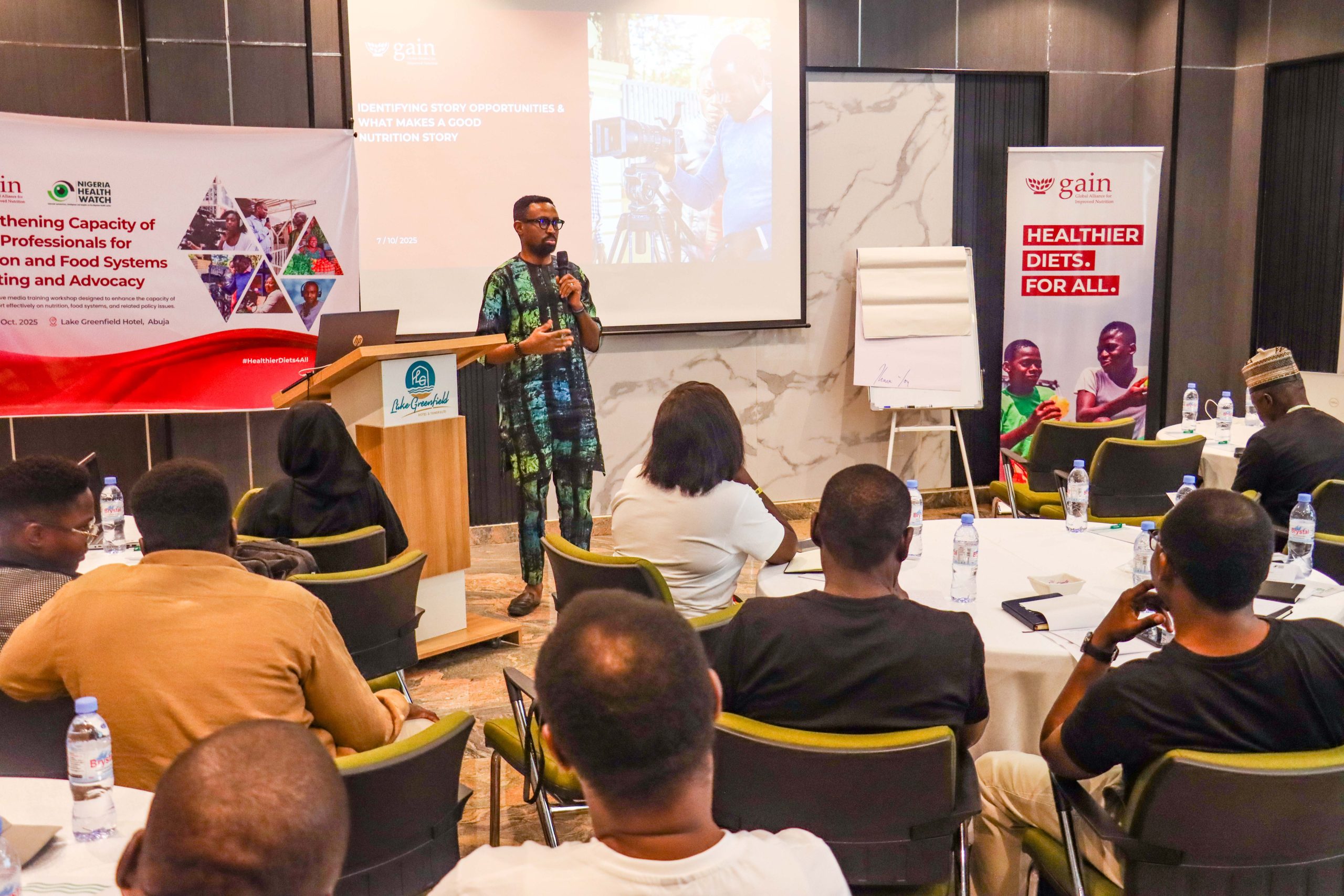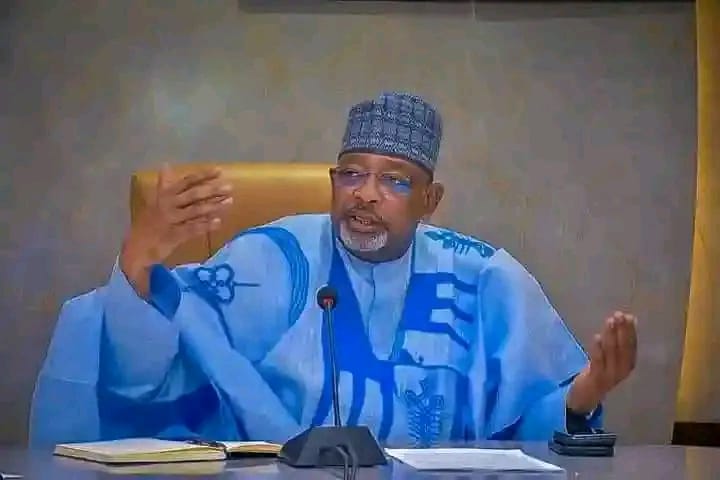The International Fertiliser Development Centre (IFDC), through its Programme Soil Values, a Directorate-General for International Cooperation (DGIS)-funded programme, has organised a two-day training for extension agents and lead farmers on soil restoration, conservation techniques, and integrated soil fertility management.
The programme has begun the training of 50 extension workers to improve soil fertility and restore degraded lands in Bauchi State. The development was on the heels of a similar exercise held in Kano and Jigawa states.
The Soil Values programme operates in a context marked by climatic and socio-economic challenges facing Sahelian countries, such as recurrent droughts and socio-political conflicts, desertification and the effects of climate change.
The programme’s initiative is built around three intervention pathways (Agroecology, Inclusive Markets and Enabling Environment), as well as five intervention areas (Bundling, Integration, Brokering, Convening and Scoping & Learning).
The Country Coordinator, Soil Values Programme Nigeria, Medinah Ayuba-Fagbemi, said this on the sidelines of a two-day training exercise on Thursday in Bauchi, saying: “The Soil Values programme aims to improve soil fertility and productivity of two million hectares of agricultural land in the Sahel, while strengthening the resilience to climate shocks and well-being of 1.5 million farmers, with a particular focus on women and youth. In Northern Nigeria, we hope to restore 800,000 hectares, directly benefiting 600,000 smallholder farmers.”
This training is part of a €100 million initiative over 10 years funded by the Kingdom of the Netherlands through its Directorate-General for International Cooperation (DGIS). She stated that a total of 50 extension workers would be trained, including 30 in the first phase and 20 in the second phase of the exercise.






